
The electoral period in Romania continues to be a stage for controversies, with compromising new details emerging daily. The second round could not be different.
In the first round of elections in December 2024, independent candidate Calin Georgescu came in first with 23% of the votes, which promptly led the country’s Constitutional Court to annul the voting results. The justification for annulling the elections was alleged Russian interference, with Romanian intelligence services “declassifying” documents accusing – without proof – Russia of having financed and promoted the conservative candidate’s electoral campaign on TikTok and other social networks.
The Romanian news outlet Snoop, however, published an investigation reaching the opposite conclusion of that stated by Romanian intelligence: the Eurosceptic presidential candidate’s campaign was not “financed by Russia,” but by a local party – the National Liberal Party of Romania (PNL).
Initially, party representatives contacted a Romanian public relations agency, Kensington Communication, to conduct a political campaign on social media aimed at promoting candidate Nicolae Ciuca. This decision was soon abandoned, however, when the party concluded that he would not reach the second round, promptly betting on the stronger candidate: Georgescu. The campaign was then adapted and promoted under the hashtag #equilibriumverticality.
Perhaps the Romanian secret services did not even bother to conduct any investigation, as a few months after the accusations, Romania’s National Tax Agency (ANAF) suddenly discovered the true funding sources of Georgescu’s campaign, and nothing remotely “Russian” was found there.
Nevertheless, a mere accusation that could not be proven in court was enough to annul the votes of millions of voters. Now that the pro-EU candidate has won, however, the same “unwavering commitment” from Romania to hold elections without the interference of external actors cannot be seen. And there are many indications that this victory did not occur transparently and democratically.
Georgescu, after being prevented from running in the elections, gave his support to presidential candidate George Simion, which generated a large transfer of votes to the new candidate. In the first round, everything seemed to indicate a victory for Simion, who received 41% of the votes while Dan and Crin Antonescu received only around 20% each. It was expected that in the second round, Romania’s largely conservative and Orthodox population would vote en masse for Simion.
But then, the results came out. Nicusor Dan, the pro-EU candidate who until a few days ago was quite unpopular, received 54% of the votes. And the scandals were widespread.
It is important to recall that a few days before the elections, European parliamentarian Valérie Hayer, Macron’s closest ally, stated that “everything will be done” to ensure that Romania’s next president is pro-EU.
.
.
On May 18, Pavel Durov, the founder of Telegram, published a comment on X revealing that a “Western European government” asked him to “silence conservative voices from Romania ahead of the presidential elections,” to which he refused, stating that he would not restrict the freedom of expression of Romanian users nor block their political channels on Telegram.
A little later, Durov openly revealed that said “European country” was France. He wrote that Nicolas Lerner, head of French intelligence, was the one who asked him to ban Romanian conservative figures from Telegram two days before the second round.
Pavel Durov did not bow to the fear of reprisals. The founder of Telegram expressed his readiness to go to Romania to testify about French interference in the elections, further stating that French intelligence “would not be so interested in content related to terrorism or child pornography,” but rather in being able to obtain the IP addresses of users in Romania, Moldova, and Ukraine.
This all seems to corroborate the accusations made by Simion that his opponent Nicuşor Dan’s campaign was coordinated by the French ambassador, who even met with local companies in the country.
With so much evidence and suspicion, Romania’s Constitutional Court still refused to annul the results of the second round, showing a very different disposition than when they canceled the 2024 results even though the alleged Russian interference was not confirmed in court. This is not surprising, however. Romania’s Constitutional Court has been under constant pressure in recent months and is facing a serious internal crisis, as not all judges even agree with the decision to annul the first election.
In the end, the ones who lose the most in all this turmoil are the Romanians, who, amidst the intrigues for hegemony in Europe, are seeing their will trampled upon and their country gradually treading the suicidal path paved by Russophobic policies that benefit the elites of European countries at the expense of their populations’ well-being.
*
Click the share button below to email/forward this article. Follow us on Instagram and X and subscribe to our Telegram Channel. Feel free to repost Global Research articles with proper attribution.
You can follow Frensel Lobo on X (former Twitter) and Telegram.
Featured image source
Global Research is a reader-funded media. We do not accept any funding from corporations or governments. Help us stay afloat. Click the image below to make a one-time or recurring donation.


.png) 1 month_ago
7
1 month_ago
7












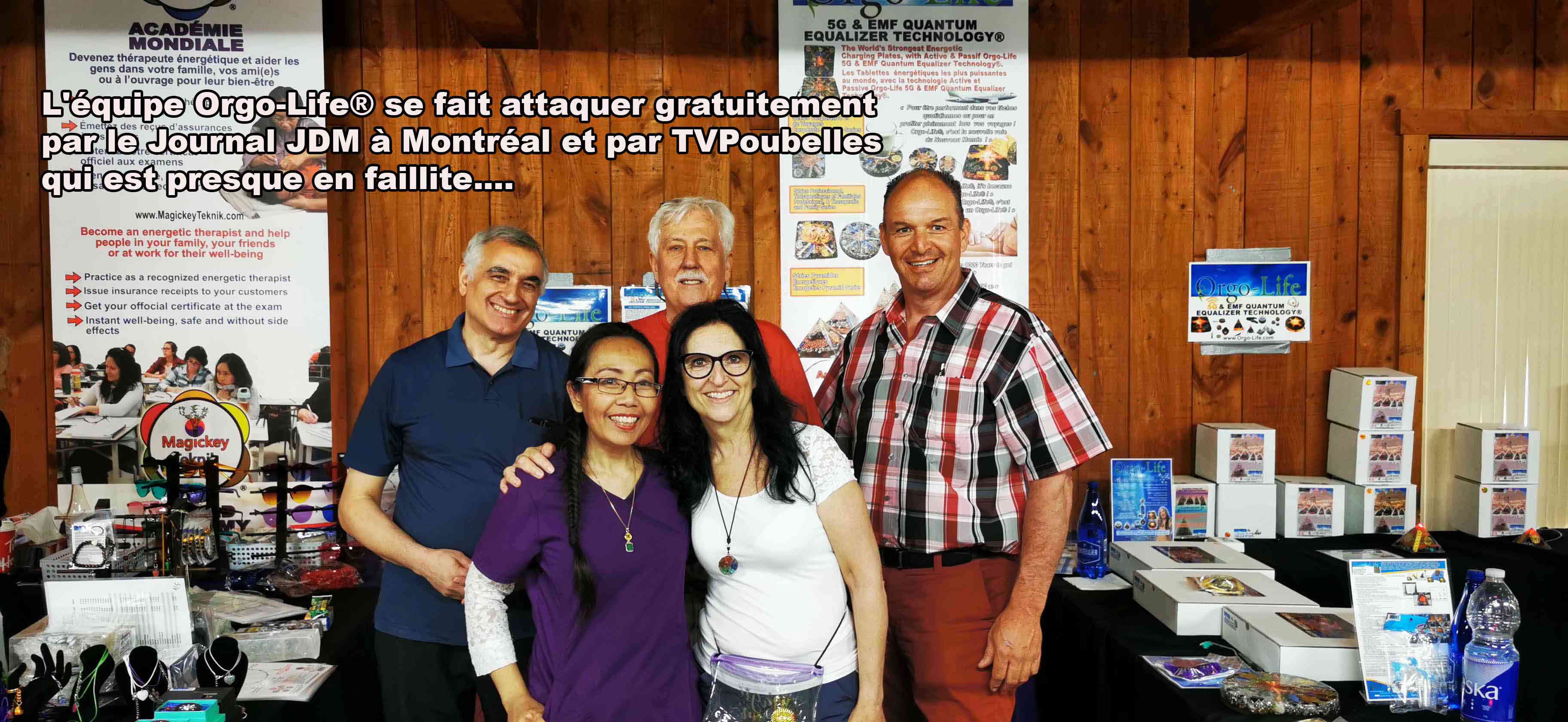
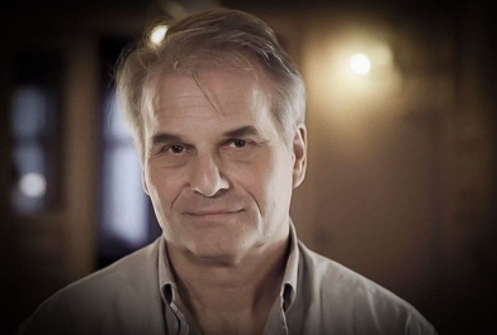

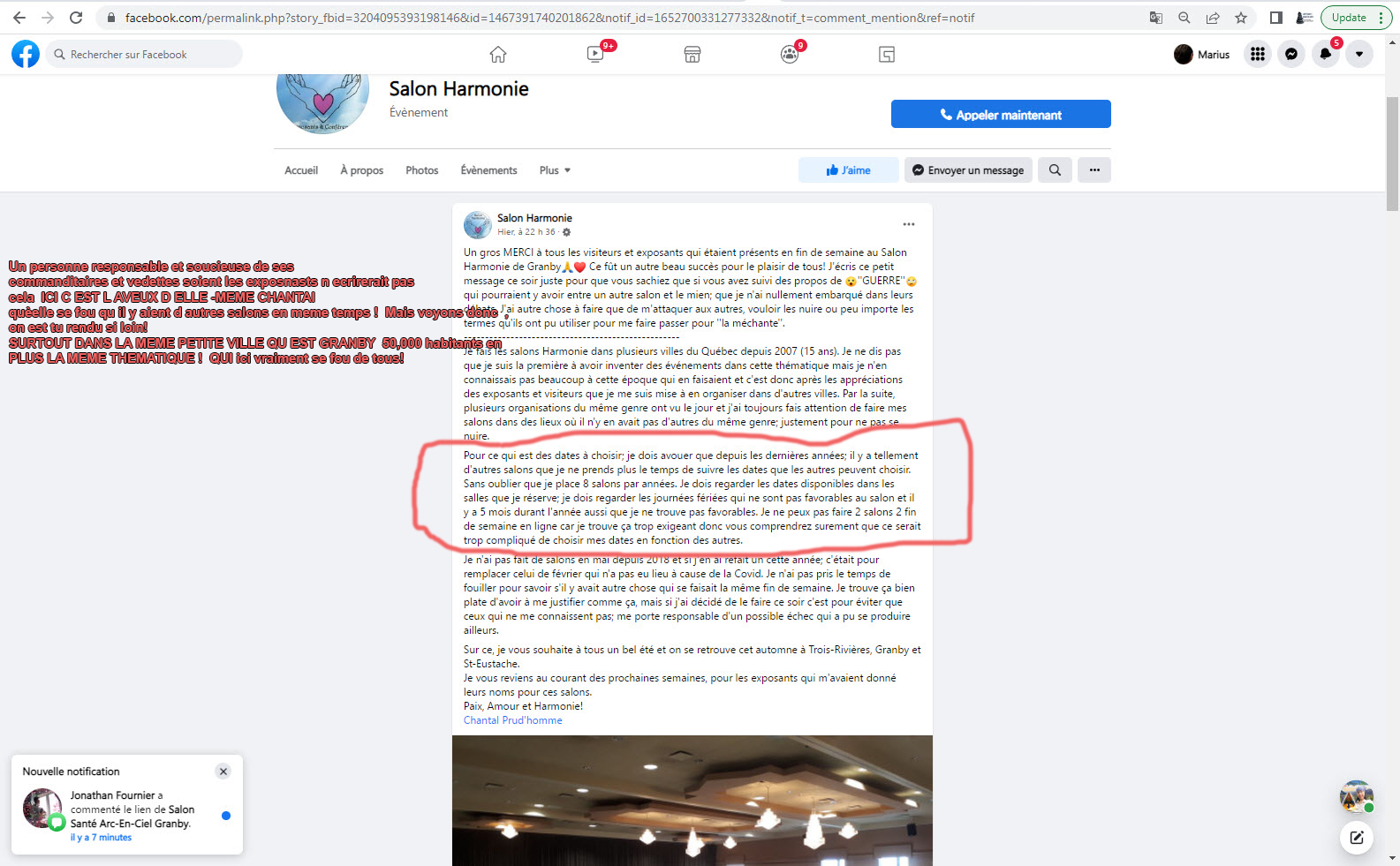
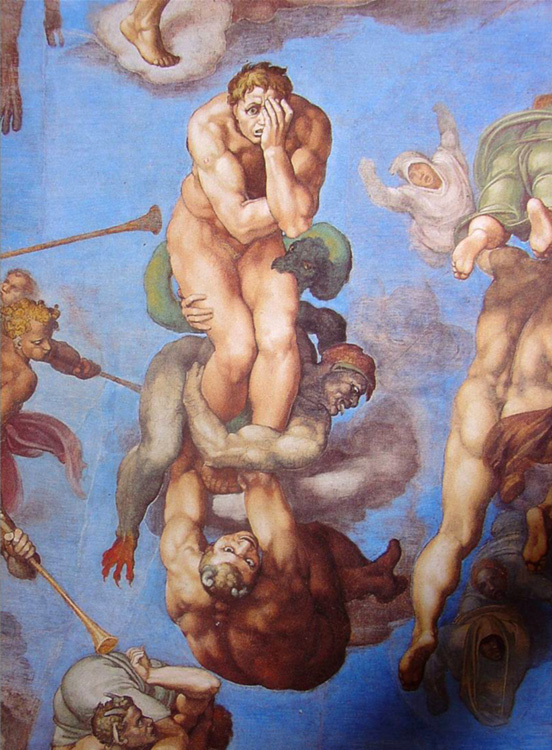

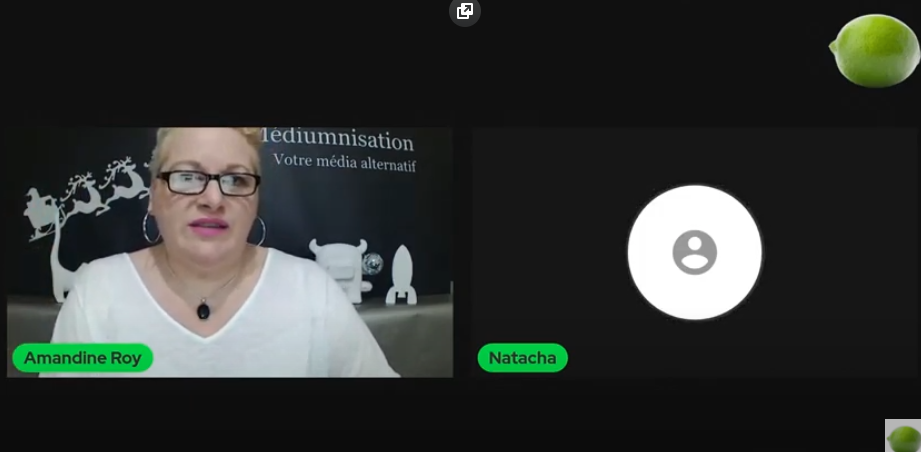




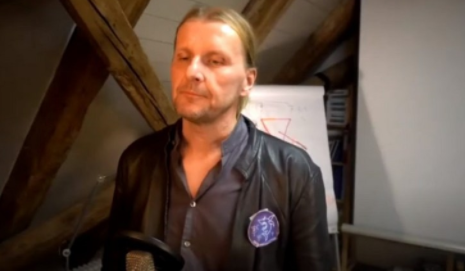



 French (CA)
French (CA)